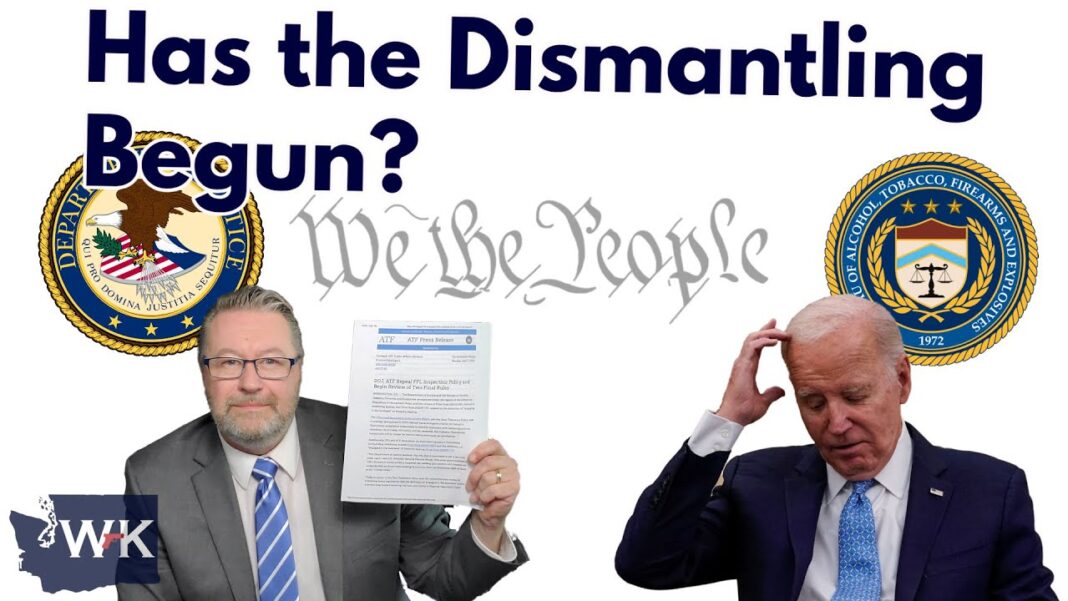European Commission President Ursula von der Leyen said the EU remains committed to ‘constructive negotiations with the United States.’
The European Union said on Thursday that it will pause its countermeasures against U.S. steel and aluminum tariffs for 90 days.
“We took note of the announcement by President Trump. We want to give negotiations a chance,” European Commission President Ursula von der Leyen said in an April 10 statement posted on the social media platform X. “While finalising the adoption of the EU countermeasures that saw strong support from our member states, we will put them on hold for 90 days.”
“If negotiations are not satisfactory, our countermeasures will kick in. Preparatory work on further countermeasures continues. As I have said before, all options remain on the table,” she added.
The countermeasures, which were agreed upon by the EU on Wednesday, had been due to start on April 15.
Trump announced on April 9 that he is pausing for 90 days reciprocal tariffs that went into effect earlier in the day, maintaining a 10 percent baseline tariff across the board, while at the same time raising rates for China.
Early Thursday morning, von der Leyen made a separate statement on X saying Trump’s decision to pause tariffs is “an important step toward stabilizing the global economy.”
“Tariffs are taxes that only hurt businesses and consumers,” she said. “That’s why I’ve consistently advocated for a zero-for-zero tariff agreement between the European Union and the United States.”
She said that the European Union remains committed to “constructive negotiations with the United States, with the goal of achieving frictionless and mutually beneficial trade.”
Before Trump’s 90 day pause, the Unites States had imposed a 20 percent tariff on all EU goods. Following Trump’s announcement on April 9, however, the 27-nation bloc will now be subject to a 10 percent baseline tariff on most goods, except steel and aluminum products, which are still subject to higher tariffs of 25 percent.
The EU’s first set of retaliatory measures in response to U.S. tariffs on steel and aluminum was approved on April 9, with countermeasures to the steel and aluminum tariffs on items such as jeans, whiskey, and motorcycles, if implemented.
The 25 percent tariffs imposed by the United States on all steel and aluminum imports went into effect shortly after midnight on March 12.
Trump said that he was introducing new standards requiring steel to be “melted and poured” and aluminum to be “smelted and cast” in North America to prevent countries such as China from circumventing trade restrictions.
When asked by a reporter at the White House on April 7 whether von der Leyen’s previous offer to negotiate a “zero-for-zero” tariff pact on industrial goods was enough for him to back down on 20 percent duties on imports, Trump said: “No, it’s not.”
“The European Union’s been really tough over the years. We have a [trade] deficit with the European Union of $350 billion, and it’s going to disappear fast,” the president said. “And one of the ways that that can disappear easily and quickly is they’re going to have to buy our energy from us. They can buy it, we can knock off $350 billion in one week.”
By Owen Evans







